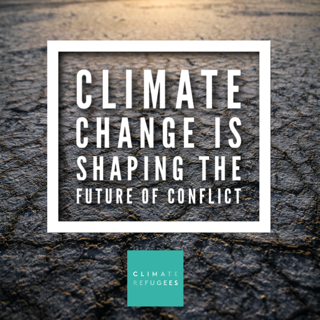The UN, in partnership with Kiribati, Tuvalu and the Marshall Islands, launched a USD $3.2 million UN Climate Security Project yesterday as part of the UN Secretary-General’s Peacebuilding Fund (PBF), and is the first multi-country project of its kind in the region.
The PBF is the UN financial instrument of first resort to sustain peace in countries and regions at risk of conflict or affected by conflict, including that caused by climate change.
The project will provide 24-months of support to assess and begin to address critical climate security challenges faced by these three countries, including displacement and forced migration, resulting from livelihood loss, food security, coastal erosion, increased social tensions linked to shrinking land and tenure, and industries such as fisheries, as well as the ever increasing costs of responding to worsening natural disasters.
In a quest to avert social conflict, the project will focus on tailored climate security assessments, including youth and gender-sensitive discussions and partnerships with key stakeholders. The project will be implemented by UNDP and IOM.
Khaled Khiari, the UN Assistant Secretary-General for Middle East, Asia and the Pacific from the Departments of Political and Peacebuilding Affairs and Peace Operations noted that “climate change in the Pacific has the potential to cause a myriad of cascading fragility and instability risks.”
The three country leaders echoed the harrowing climate change challenges each of their countries are facing, all of which are only two meters above sea-level at their highest points.
“This is about our survival, safety and security”
President of the Marshall Islands, H.E. David Kabua
Khiari noted the groundbreaking nature of the project, with which we certainly agree, and demonstrates the significant movement of the conversation of climate change to climate security within the UN security architecture, most notably within the UN Security Council, whose most recent debate on climate security was in July this year, and included a briefing by Pacific representative of the Climate Security Expert Network, covered in this Spotlight. (UNDP, FBC News)





